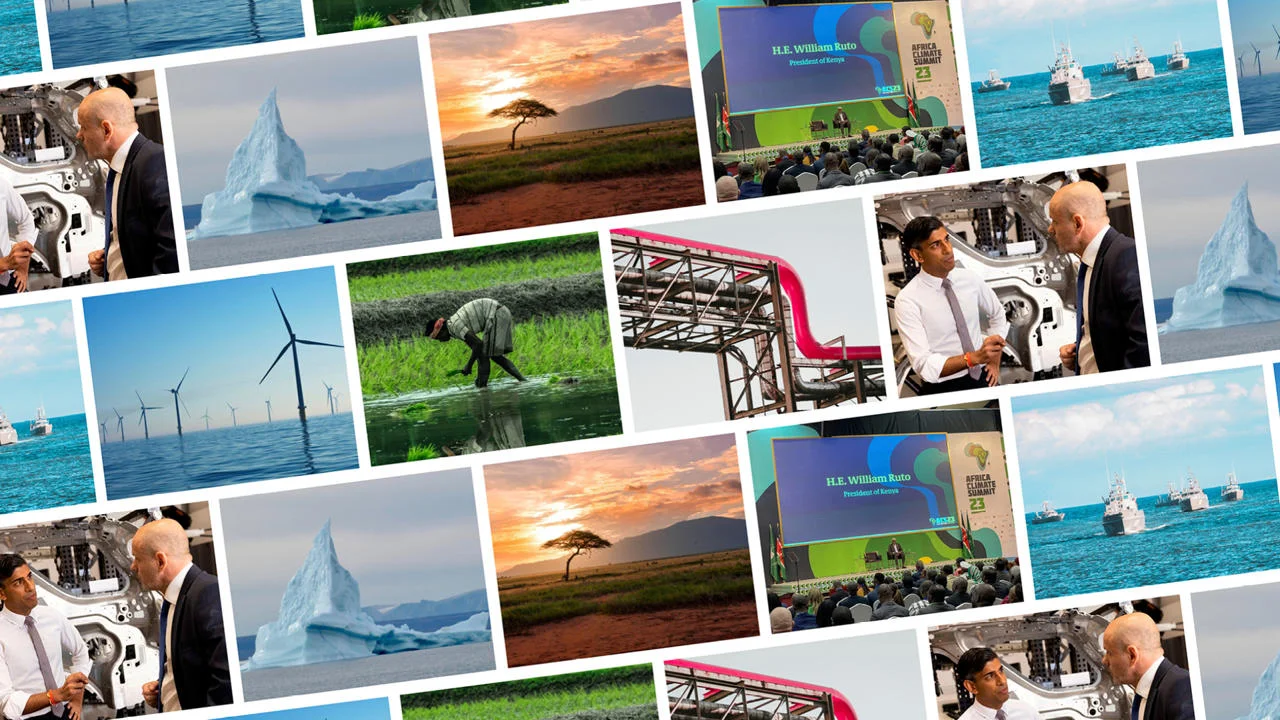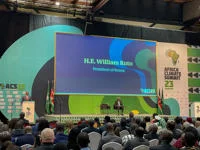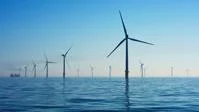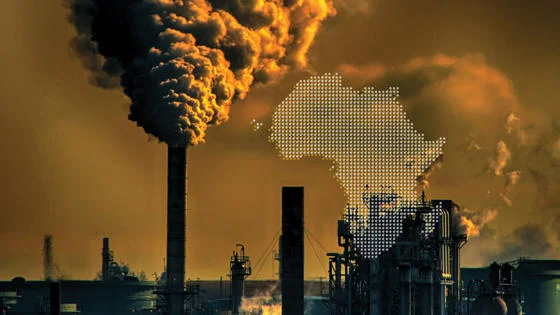What’s at stake at COP28? Recommended reads for understanding the response to the climate crisis


Q and A with David Stainforth on predicting the future of the climate
Should we re-evaluate the way we study climate change in the physical and social sciences? In a Q&A, David Stainforth discusses his new book Predicting Our Climate Future: what we know, what we don’t know, and what we can’t know, where he discusses the current limits of climate modelling, and how more attention can be paid to the uncertainties surrounding our image of the future world.

African leaders have called for a global carbon tax. Will it ever happen?
The idea of a carbon tax is not new, writes Desné Masie. But a recent call from African leaders for a global price on carbon has renewed debate about the policy. With many ways to price carbon, and a policy of taxation being politically combustible at the domestic level, there are doubts about the political will should it even be deemed internationally acceptable.

The green transition is an opportunity for the UK – but it must be truly fair and just
Prime Minister Rishi Sunak has defended his decision to overhaul the UK’s net zero policies by declaring concern for vulnerable groups in society. But the policies he is implementing belie this rhetoric. By changing course to a robust green industrial strategy, the Government could achieve these aims while taking advantage of the economic opportunities a just green transition offers, argues LSE’s Brendan Curran.

How the EU navigated the energy crisis and renewed its commitment to net zero
Russia’s invasion of Ukraine produced the biggest energy shock to Europe since the 1970s oil crises. LSE’s Robert Falkner writes that while the energy crisis is far from over, the European Union’s strategic decoupling from Russia and commitment to tackling climate change has progressed to such an extent that Moscow is close to losing its energy stranglehold over Europe.

Building up the human capital of the world’s poor can help lessen the climate crisis
The accumulation of skills can be a driver of adaptation to climate change. Human capital facilitates occupational change and increases opportunities for migration. LSE’s Tim Dobermann examines how historical investments in education has led to climate adaptation in India, finding that regions benefitting from increased schooling saw workers leave agriculture jobs in response to climate change.

Book review: Great Powers, Climate Change, and Global Environmental Responsibilities
A new book brings together leading scholars from international relations and environmental politics to analyse the role of great powers in the international politics of climate change. This "groundbreaking work" expands our perspective beyond nation states for tackling the climate crisis, looking at the role of global trade, international finance and multilateral bodies, while proposing a new type of environmental power index to understand ecological responsibility.

The UK should lead on a green industrial strategy – not roll back
The UK government has watered down its commitments to net zero, breaking the cross-party consensus on the need for Britain to lead in the global battle against climate change. Yet now is the time to double down on policy action before it is too late, argue LSE’s Anna Valero, John Van Reenen and Esin Serin, as the costs of inaction vastly outweigh the price of combating humanity’s greatest challenge.

EU efforts to decarbonise trade must avoid unintended impacts on Africa
The EU is introducing a carbon border adjustment mechanism, which is a border tax to draw revenues from other countries, including developing economies. As a share of GDP, the mechanism's impact on African countries is larger than on all other regions. LSE’s David Luke writes that the climate finance discussion needs to consider unintended impacts on Africa, home to 33 of the world’s 46 least developed countries.
"Africa leaders call for a global carbon tax": Photo credit: Climate Centre, used with permission CC BY-NC 2.0 DEED.
This selection of blog posts providing expert analysis and debate around COP28 was compiled by Laurence Radford, Managing Editor of LSE Blogs.
Download a PDF version of this article




